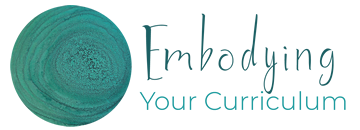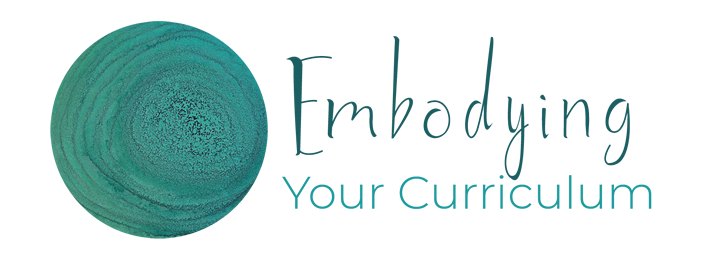Late in graduate school I spent a year in Frankfurt, Germany to write up my dissertation. I was thrilled that I’d be able to focus on my dissertation, get deep into my work with no teaching responsibilities, and talk to some of the leading scholars in my field. Yet that year, for the first time in my life, I struggled constantly with depression and insomnia. I felt a sense of dread every night as I faced the inevitably sleepless hours that would come. During the day I drank espresso after espresso to try to recover my energy to work as I sat in my sterile office at the Institute for Social Research and stared at my computer. The conditions seemed ideal, at least on paper, for doing my best work. I had gotten a fellowship to work at a historic institute that the critical theorists I was writing about had founded. Above my office was the library where the philosopher Theodor Adorno had left his piano and books, and one of the largest archives of his papers was just down the hall. But I was depressed, uninspired, and emotionally depleted, and I had no words or concepts for understanding why.
I didn’t have writer’s block. I didn’t have any palpable external reasons for feeling the way I felt. I was doing ok as a graduate student, and I had the support of family and friends. But I was adrift inside, unmoored from my sense of purpose.
A year later, I found myself at my first yoga class in Los Angeles where I had relocated. As I stretched my body into camel pose, I felt a pulsing of energy at my heart center, a spiraling of warmth. The sensation was subtle, pleasurable, and unlike anything I had felt in my body before. In that silent surge of sensation, I understood how completely dissociated from my body I was. I couldn’t feel the deeper physical sensations of my flesh. Not only was I out of my body, I realized that I had been taught to be that way. All of the training I had received to become a successful intellectual had also trained me for a disembodied life. And this dissociation, I sensed, was not mine alone. It was rooted in generations of pain. My mother, my grandmother, my ancestors in India, colonized and compelled to leave behind their indigenous knowledge, I was carrying their double binds as well as my own.
I began to learn everything that I could about somatic work. I encountered Angelica, who founded a somatic modality called The Embodiment Process™ and was a pioneer in working with intergenerational and early trauma. Angelica mentored me over the course of a decade in the process of healing my nervous system and recovering from the many layers of intergenerational, racialized, and personal trauma that anchored my dissociation. I trained with her as a practitioner in somatic work. I encountered the somatic movement maven, Emilie Conrad, who led me in fluid sound and movement practices designed to potentiate sensation and somatic creativity at the deepest levels.
And then… the work changed me. I couldn’t continue to work in a disembodied, frenetic way. I could no longer privilege the manic values of the elitist institutions, steeped in whiteness, that had educated me. I couldn’t make myself write soullessly without rhythm, without breath. And I could not inflict upon my students what had taken me so many years to recover from myself. This refusal was not a choice. I stumbled onto my path in academia, and it was one that had no roadmap. It hasn’t been an easy journey. Every day I struggled to express myself within the stodgy and desiccated halls of academia. Every day I rebelled inside as my knowing and intuition was denigrated and silenced. But even in that experience of being rendered invisible, I was potentiating my own ability to transform these violent ways of practicing knowledge through the daily resistance I encountered.
Embodying Your Curriculum emerged through the alchemy of Angelica’s and my work together in educational spaces. We see this work as a manual for decolonizing ourselves. And the outcome of this process, for ourselves and for the hundreds of people that we’ve witnessed in it, is more agency, empowerment and potentiation. We designed our 6-Week Faculty Course to teach that process to faculty, to nourish and support a new paradigm within higher education. If you’ve struggled to gain traction in your personal and professional life, the support of the group field within a facilitated process of embodiment is usually the missing element that will help you to realize your intention.






Leave A Comment